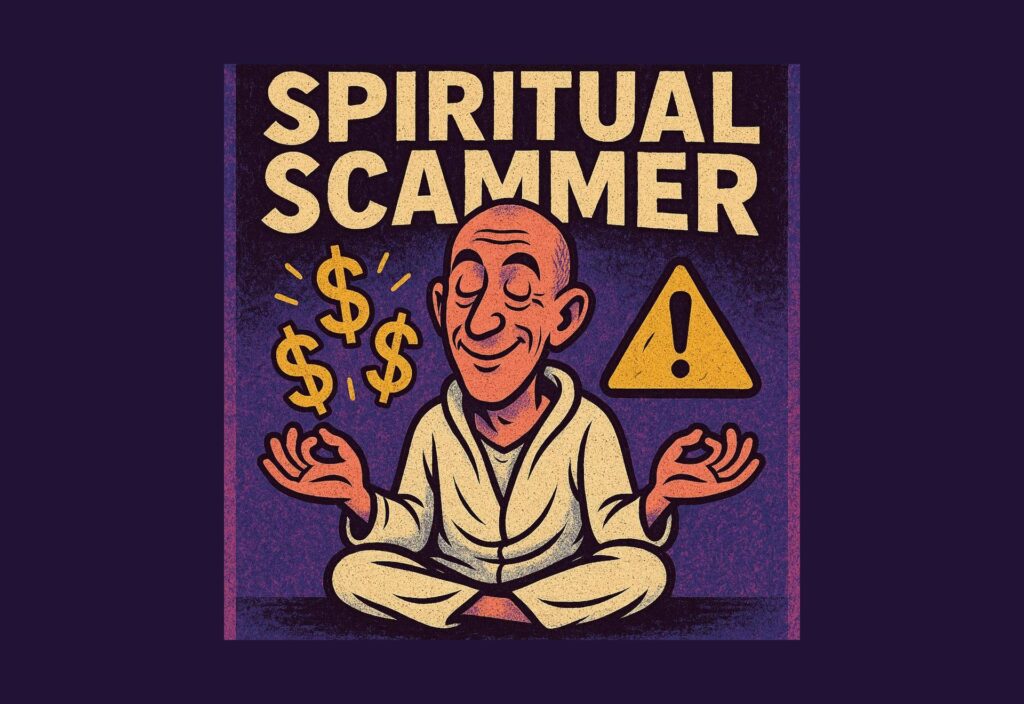As a Boomer, I’ve had a fun and valuable relationship with cannabis since the late 1960s. It’s been a reliable and friendly companion, a muse for creative artistic, philosophical, and psychological insights. It heightens my sensory awareness. It opens and deepens my sense of spaciousness and connectivity.
I’m grateful to be able to talk about cannabis and intimacy more freely now than other life-enhancing substances (psychedelics, MDMA, etc.), as over half of Americans have legal access to it.
Many things can be said about cannabis. In his 1972 book The Natural Mind, Andrew Weil, M.D., said, marijuana is an active placebo. It doesn’t do anything in particular, but it does something. He added that its effects are not just pharmacological but depend on other factors, thus the wide range of individuals’ responses.

Cannabis, Sensitivity, and Emotional Growth
Cannabis, like the other life-enhancing substances, increases the users’ sensitivity. This can take many forms, physically, emotionally, mentally, or spiritually, from subtle to dramatic. Increased sensitivity can be confounding as it makes good things better and bad things worse. Compare cuddling with a sweetheart to driving in rush hour traffic while stoned.
If I had to choose and could only use cannabis for one activity, it would be for sharing intimate space with my partner. Nothing else in daily life comes close to the rich depth of intimacy of the profound, exquisite pleasure of making love in a mature, conscious relationship. This said, there are prerequisites to find oneself in such a space. Maturing is not just about physical aging; it’s about accruing practical wisdom.
Appropriate cannabis use can help create more conscious relationships. As Robert Kagan so succinctly put it: Personal growth occurs when that which is subjective becomes objective. Being angry at someone is one thing. Being able to grasp that one’s anger has to do with being triggered is another.
This is not to say that anger is not sometimes useful and even necessary. Still, more often it is a result of one’s reacting unconsciously to unhealed wounds. This is a complicated subject, so I assume readers have had experience learning about themselves. This ability to see how one’s mind works is sometimes referred to as a fourth-person perspective.
Cannabis use has often helped me step back from a situation I was emotionally caught up in and see it for what it was. Recently, I was a bit buzzed and talking to my partner when she said something I found irritating. While I might have just let that pass and moved on with a bit of drag in the mood, I caught it and thought, “This is silly. That was minor, and I don’t need to hold on to it.” So I didn’t.
Another time, we were in the kitchen, and I suggested going upstairs to the bedroom for a little cuddle. The timing was good for both of us. I started up the staircase and stopped to look back. She was fiddling with something on the kitchen counter. I waited and waited, not long really, maybe less than a minute, but you know how time can pass slowly.
I felt a rush of disappointment and frustration with her. Almost instantaneously, as I felt that it was replaced by something like “Get a life, Randy! Here you are high, with this wonderful woman who feels so comfortable with herself and our relationship that she doesn’t need to coddle your every wish.” I beamed with appreciation and gratitude. Then she turned, our eyes met, she smiled, and we moved on.

Intimacy Requires Conscious Practice
Yes, these are tiny examples. Some situations will be more difficult, yet the basic principles remain the same. The challenge is that it’s most important to do this when it is most difficult. With practice comes skill, and this process flows naturally. If the relationship is strong, there’s no need to worry about little blips.
The thing about disappointments and resentments, even small ones, is that if they remain unresolved, they accumulate until they become big ones. Sometimes I did these clearings in the moment, and sometimes I thought about the need to do them later.
In either case, the goal is to bring what lurks in the shadows into consciousness. Then, if something needs to be said or done, do it. It’s a habit that needs to be cultivated until it is automatic (Note: I’ve found Susan Campbell’s Getting Real and Truth in Dating books and workshops especially helpful.)
Healing Through Presence
Moments of healing clarity, whether small or large, are precious. They are the nourishing foundation of deeper intimacy and the gifts that come with that. As a couple’s relationship develops, the learning experiences become more nuanced and subtle. When there’s less static, life is more enjoyable. It flows more easily, and there’s more energy to deal with life scenarios as needed.
This sensitivity that cannabis brings enhances one’s recognition of resistances, the subtle internal complaints of ‘I wish this situation were different’. ‘This isn’t what I wanted,’ etc. I can now usually find humor as I catch myself resisting what is real in the moment. After all, that’s all we ever have – this present moment.
And yet if I’m working outside on a hot, humid summer day and wish for a breeze, that’s fine. The point here is about how we relate to the subtle emotions that arise from our body, with the feelings and thoughts they may engender. Often, the solution is not trying to figure something out; it’s about releasing the psyche from the clutch of neurotic thinking.
When using cannabis in relationships, people often find a mild irritation arising at first. The enhanced sensitivity heightens the feeling of any rough edges. Knowing this, they can relax into the moment, knowing it will soon pass. Or if it doesn’t, then there’s a conversation needed to move along gracefully.

Cannabis, Sex, and Deep Connection
At its best, sexual love is the most profoundly felt form of full-spectrum intimacy and pleasure. This is hardwired into our central and peripheral nervous systems, along with our hormonal, endocannabinoid, and living-matrix systems. After basic survival, it is our most powerful drive, which is why bad things tend to happen when we are frustrated. It’s like capping a pressure cooker. Something is going to blow!
Research has found that couples who use cannabis have sex more often than those who don’t. Why? Well, in part, maybe because it feels better! When else in life is increased physical, emotional, and subtle energy sensitivity more profoundly pleasurable than in a lover’s embrace? When else can boundaries become so open and transparent as when one merges with another in this shared spiritual presence?
Hmm? Making love on psychedelics can do that, but that’s a story for another time. Stay tuned.















